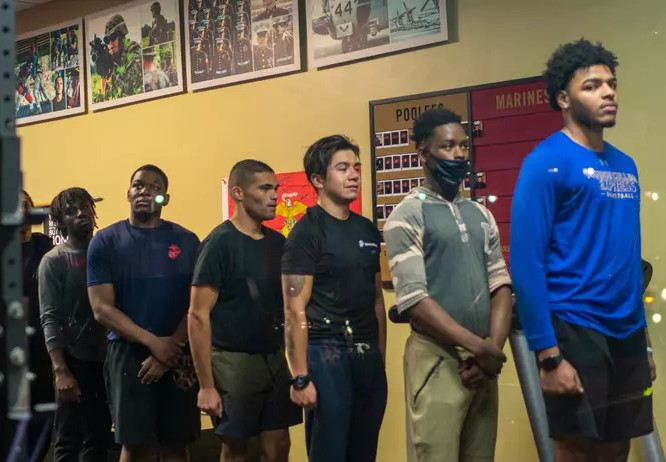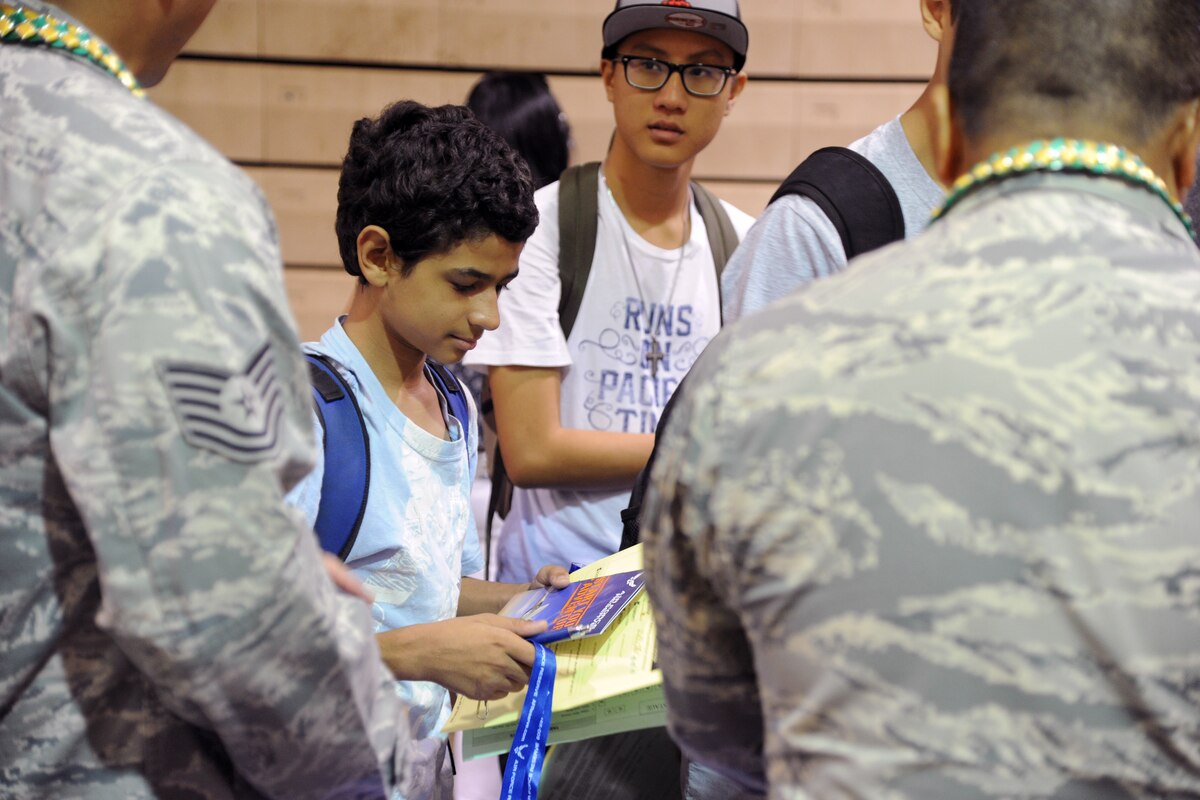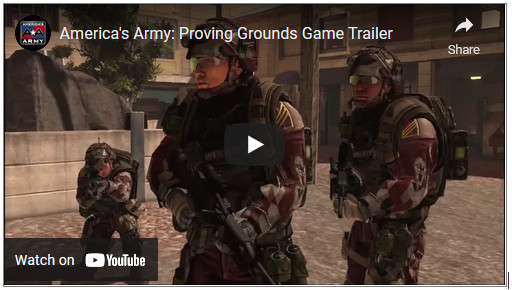 May 16, 2022 / Liz Walters / Common Dreams -This past January, student loan company Navient was made to cancel $1.7 billion in federal student debt in a federal settlement judged by Attorney General Maura Healey. The settlement, which also required Navient to distribute $95 million in restitution to approximately 350,000 federal loan borrowers, came after a long fight against the company's predatory lending practices, which promised to help students in need of tuition assistance, and instead steered them towards repayment plans that piled on unnecessary interest. Navient also participated in risky subprime lending without consideration for borrowers and their families, leaving hundreds of thousands of students in crippling debt that the company knew they would not be able to pay back. These shady practices have been going on for at least two decades with little government intervention. The settlement provided loan forgiveness for students who had borrowed between 2002 and 2010. During this time period, Navient, now privatized, was still known as Sallie Mae, an entity created by Congress to service federal loans. As Massachusetts Senator Elizabeth Warren put it: "Navient cheated students who borrowed money to pursue their dreams and allowed them to be crushed by avoidable debt, all while the U.S. Department of Education turned a blind eye."
May 16, 2022 / Liz Walters / Common Dreams -This past January, student loan company Navient was made to cancel $1.7 billion in federal student debt in a federal settlement judged by Attorney General Maura Healey. The settlement, which also required Navient to distribute $95 million in restitution to approximately 350,000 federal loan borrowers, came after a long fight against the company's predatory lending practices, which promised to help students in need of tuition assistance, and instead steered them towards repayment plans that piled on unnecessary interest. Navient also participated in risky subprime lending without consideration for borrowers and their families, leaving hundreds of thousands of students in crippling debt that the company knew they would not be able to pay back. These shady practices have been going on for at least two decades with little government intervention. The settlement provided loan forgiveness for students who had borrowed between 2002 and 2010. During this time period, Navient, now privatized, was still known as Sallie Mae, an entity created by Congress to service federal loans. As Massachusetts Senator Elizabeth Warren put it: "Navient cheated students who borrowed money to pursue their dreams and allowed them to be crushed by avoidable debt, all while the U.S. Department of Education turned a blind eye."
The National Network Opposing the Militarization of Youth (NNOMY)
Articles
With pandemic restrictions easing, military recruiters are returning to high school campuses while anti-recruitment efforts struggle
 April 18th, 2022 / Roberto Camacho / Prism - The U.S. military utilizes a number of different recruitment methods to garner new enlistments, but their target audience has consistently remained the same: high schoolers, particularly young men from low-income and rural areas. Eighteen is the youngest age one can join the military without parental permission, but the armed forces still regularly market military propaganda in schools. Although the military does enjoy support within the public system, a grassroots movement of students, teachers, parents, and organizations has led efforts to reduce military recruitment presence and activities on high school campuses.
April 18th, 2022 / Roberto Camacho / Prism - The U.S. military utilizes a number of different recruitment methods to garner new enlistments, but their target audience has consistently remained the same: high schoolers, particularly young men from low-income and rural areas. Eighteen is the youngest age one can join the military without parental permission, but the armed forces still regularly market military propaganda in schools. Although the military does enjoy support within the public system, a grassroots movement of students, teachers, parents, and organizations has led efforts to reduce military recruitment presence and activities on high school campuses.
“We face an uphill battle not only because of the prominence of militarism in our society but [also] because there has been a lack of foresight by progressive people who aren’t thinking about what can happen 10 years down the line,” said Rick Jahnkow, former program coordinator for the nonprofit Project on Youth & Non-Military Opportunities (Project YANO) and a current member of the organization’s board of trustees.
The U.S. military has been an all-volunteer service since the end of the draft and the Vietnam War in 1973, making aggressive recruitment efforts essential to maintaining its 1.3 million-member active-duty global military force. Military recruitment in public schools isn’t new, but the level of access the military has to students and their information has increased alarmingly over the past several decades. Notably, recruiters got a significant boost when then-President George W. Bush signed the “No Child Left Behind” Act into law in 2002—under Section 9528 of the act, schools can lose their federal funding if they fail to allow military recruiters the same level of access to students and their private information as they do to other recruiters from community colleges and universities.
Introduction
 December 2016 / Matthew F. Rech / School of Geography, Politics and Sociology, Newcastle University - On 8 January 2002 in the US, George Bush Jr. signed into law an educational federal grant Act entitled ‘ No Child Left Behind ’ Though seemingly commendable at first glance, it being designed to improve academic attainment in disadvantaged state- funded schools (Zgonjanin 2006 ), a closer look at NCLBAs 670 pages revealed a provision that allowed military recruiters near unimpeded access to the personal information of enrolled students. On pain of forfeiture of federal funding, schools covered by the Act were required to release student names, addresses and telephone numbers to military recruiters. As Nava ( 2011 , 465) details, although
December 2016 / Matthew F. Rech / School of Geography, Politics and Sociology, Newcastle University - On 8 January 2002 in the US, George Bush Jr. signed into law an educational federal grant Act entitled ‘ No Child Left Behind ’ Though seemingly commendable at first glance, it being designed to improve academic attainment in disadvantaged state- funded schools (Zgonjanin 2006 ), a closer look at NCLBAs 670 pages revealed a provision that allowed military recruiters near unimpeded access to the personal information of enrolled students. On pain of forfeiture of federal funding, schools covered by the Act were required to release student names, addresses and telephone numbers to military recruiters. As Nava ( 2011 , 465) details, although
The provision gave parents the ability to ‘ opt-out ’ of releasing this information only if they first submit written notification to the school ... NCLBA ... does not provide any requirement, instruction, or mechanism to ensure that parents are aware of this.
The data-gathering proposition in the NCLBA, just as with the Pentagon ’ s Joint Advertising Marketing and Research database (Ferner 2006 ), is designed, at root, to streamline the solicitations of military recruiters. It focuses a military recruiting and retention budget, which reached $7.7 billion in 2008 (Vogel 2009 ), effectively according to gender, age, ethnicity and recreational interests, amongst other variables. Combined with the access granted to military recruiters in that of ‘ extra-curricular ’ junior reserve Officer Training Corps programmes, or the Armed Services Aptitude Battery test (a ‘ Careers ’ test offered by two thirds of all US schools) (Allison and Solnit 2007 ), it is clear that military recruiting is an important set of practices in what Harding and Kershner ( 2011 ) call a ‘ deeply embedded ’ culture of militarism in the US.
Though cultures of militarism differ markedly between places, their being a symptom of nationalisms, political, geographical and historical imaginaries, and a product of the state ’ s apparatus of persuasion, militarism in the UK is also bound to legislative efforts to promote a ‘ military ethos ’ in schools. In July 2012, for instance, shadow secretaries Stephen Twigg (education) and Jim Murphy (defence) wrote to the Telegraph to outline their vision for the future involvement of the British Armed Forces in schools (Twigg and Murphy 2012 ), opining that:
We are all incredibly proud of the work our Armed Forces do in keeping us safe at home and abroad. They are central to our national character, just as they are to our national security. The ethos and values of the Services can be significant not just on the battlefield but across our society.
Practically, Twigg and Murphy called for the widening of military Cadet schemes; new schools with service specialisms; the use of military advisors and reservists for physical education and other curricula; and a rebalancing of military involvement particularly as it is absent from the majority of state schools. The military might be best-placed to teach, they suggest, a ‘ service ethos ’ , a sense of ‘ responsibility and comradeship, and ‘ the value of hard work ’ and ‘ public service ’ .
Twigg and Murphy ’ s vision, has, since November 2012, variously become a reality with an expansion of the Cadets, a ‘ Troops to Teachers ’ programme, and Government support for fledgling military ‘ free-schools ’ and academies (Education.gov.uk 2014 ). Much like critics of NCLBA however, there are some who can ’ t help but see the connection between the Department for Education ’ s ‘ Ethos ’ programme and military recruitment. Indeed, as Sangster ( 2012 ) notes, along with the fact that the DfE does not provide an examination of what ‘ military ethos ’ actually means, or why schools are the best place to teach hierarchy, demand for obedience, or the value of the use of force, there are clear, and clearly troubling, links between the integration of military attitudes into the structure of national education policy and eventual enlistment (Armstrong 2007 ; Lutz and Bartlett 1995 ).

Opinion / 2/21/2022 / Gary Ghirardi - Under the federal Elementary and Secondary Education Act (ESEA), as amended by the Every Student Succeeds Act (ESSA), public high schools must give the names, addresses and telephone numbers of students to military recruiters, college/university recruiters and prospective employers if the recruiters request the information (ESSA, Title VIII, 8528). However, students or their parents have the right to instruct the school in writing that this information is not to be released.
But the parents are challenged in their ability to protect their children from all the ways that twenty-first century US American culture has to form their children’s political consciousness with its myriad conveyances of propaganda through a compliant militarized media, constant and expanding violent entertainment offerings, and an educational system that allows Pentagon programs inside public schools to instill a military ethos in their development.
In February of 2022, in the midst of a now endemic viral pandemic, the US appears to be on the cusp of a US / Russian conflict in Ukraine extending a long time civil war into a potentially lethal outcome for millions of people, and the world itself, if it morphs into a nuclear conflagration.
For two decades, the U.S. Army used a video game to reach new recruits. It’s finally shutting it down.
 Matthew Gault | Vice - America’s Army: Proving Grounds, a game used as a recruitment tool by the United States government, is shutting down its servers on May 5 after existing in various iterations for 20 years. After that date, the game will be delisted on Steam and removed from the PSN store. Offline matches and private servers will work, but the game will no longer track stats or provide online matches.
Matthew Gault | Vice - America’s Army: Proving Grounds, a game used as a recruitment tool by the United States government, is shutting down its servers on May 5 after existing in various iterations for 20 years. After that date, the game will be delisted on Steam and removed from the PSN store. Offline matches and private servers will work, but the game will no longer track stats or provide online matches.
For 20 years, players have been able to download and play the Counter-Strike-esque game for free on PCs and consoles. It was a recruitment tool when no one else was using video games for recruitment, a free-to-play game well before that became common, and an attempt by the U.S. Army to reach a new generation of Americans.
“The free-to-play America’s Army PC Game represented the first large-scale use of game technology by the U.S. government as a platform for strategic communication and recruitment, and the first use of game technology in support of U.S. Army recruiting,” a forum post announcing the game’s shutdown said. “Three mainline titles and more than 20 million AA players later, the series’ original purpose continued. There have been over 30 million objectives completed, 180 million successful missions accomplished, 250 million teammates assisted, and many more in-game achievements attained in AA:PG alone.”
 12/28/2021 / NNOMY Steering Committee - On December 11th 2021 The Steering Committee of the National Network Opposing the Militarization conducted an online national retreat on Zoom to discuss the existential challenges that the network is encountering moving into a post pandemic future, Groups represented in the meeting were Pat Alviso, the National Coordinator representing Military Families Speak Out from Orange County, California, Rachel Bruhnke representing Codepink from San Pedro, California, Kate Connell representing Truth in Recruitment from Santa Barbara, California, Rick Jahnkow representing the Committee Opposed to Militarism & the Draft from San Diego, California, Monique Sandoval representing Project on Youth and Non-Military Opportunities from San Diego, California, Siri Margerin representing Before Enlisting from San Francisco, California, Sebastian Munoz-McDonald representing Feminists Against the Draft from Dartmouth College, New Hampshire, Jesus Palafox representing American Friends Service Committee (AFSC) Midwest Region from Chicago, Illinois, and Louis Raprager representing Veterans for Peace and Digital Counter-recruiters from Gamers for Peace.
12/28/2021 / NNOMY Steering Committee - On December 11th 2021 The Steering Committee of the National Network Opposing the Militarization conducted an online national retreat on Zoom to discuss the existential challenges that the network is encountering moving into a post pandemic future, Groups represented in the meeting were Pat Alviso, the National Coordinator representing Military Families Speak Out from Orange County, California, Rachel Bruhnke representing Codepink from San Pedro, California, Kate Connell representing Truth in Recruitment from Santa Barbara, California, Rick Jahnkow representing the Committee Opposed to Militarism & the Draft from San Diego, California, Monique Sandoval representing Project on Youth and Non-Military Opportunities from San Diego, California, Siri Margerin representing Before Enlisting from San Francisco, California, Sebastian Munoz-McDonald representing Feminists Against the Draft from Dartmouth College, New Hampshire, Jesus Palafox representing American Friends Service Committee (AFSC) Midwest Region from Chicago, Illinois, and Louis Raprager representing Veterans for Peace and Digital Counter-recruiters from Gamers for Peace.
Each Steering Committee member was also permitted to invite up to three representatives from their groups. In total the retreat had twenty people in attendance. From the NNOMY office staff, Libby Frank, Gary Ghirardi and Selene Rivas were in attendance as well.
Moderating the meeting was Monisha Rios.
Unable to attend were steering committee members Barbara Harris of the Granny Peace Brigade from New York City, New York, and Kharis Murphy from Stop Recruiting Kids an On Earth Peace Communications Fellow.
Goals discussed in the retreat encompassed Prioritizing the Next Generation of Activists; Determining short and long-term goals; Developing a concrete and actionable strategic plan; Aiming for what is practical & possible; and Thinking out of the box from past approaches to counter military recruitment activism.







